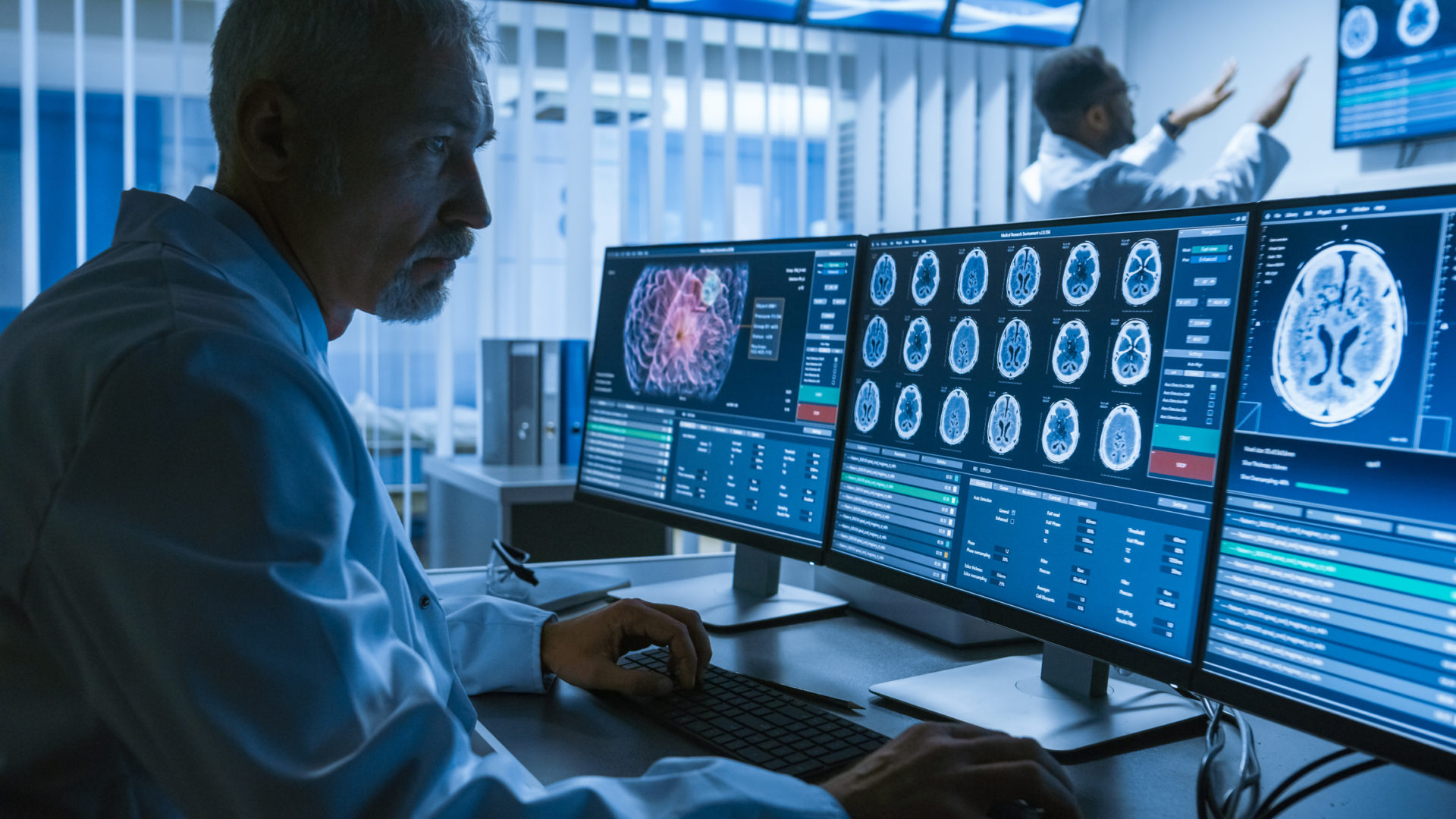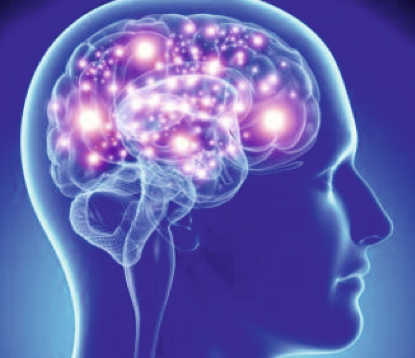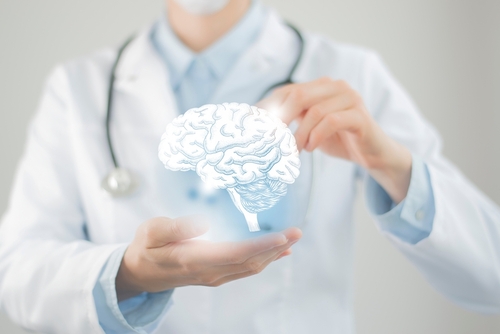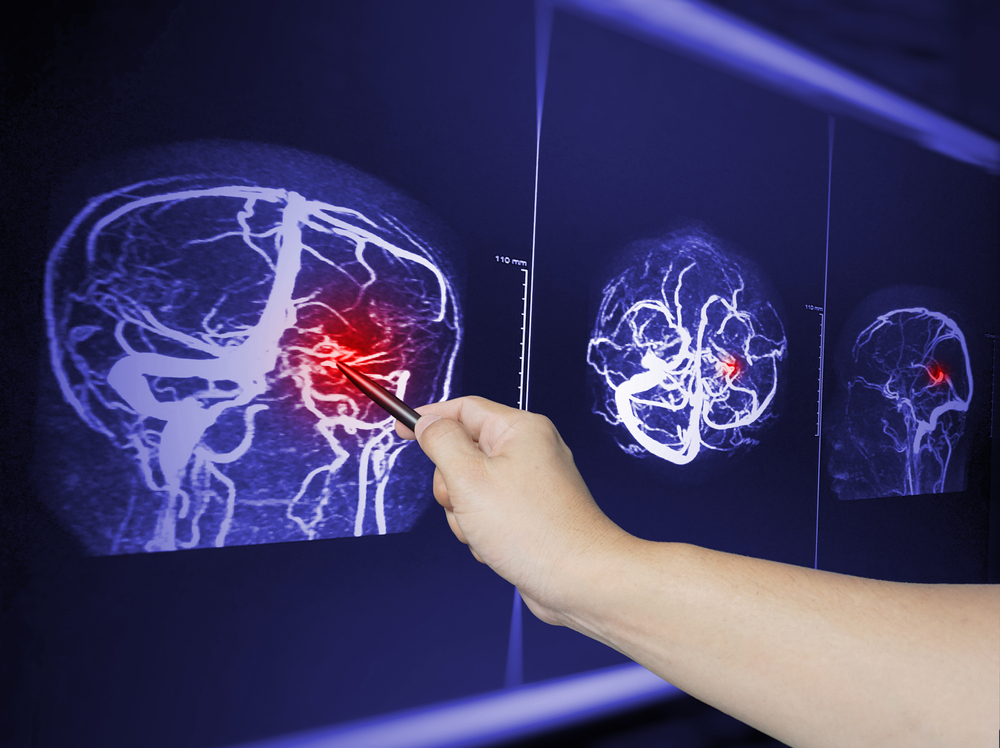In an analysis of the Schizophrenia Treatment With Electric Transcranial Stimulation (STARTS) trial, patients with schizophrenia who underwent transcranial direct current stimulation (tDCS) experienced improvements in negative symptoms, but had no improvements in cognitive impairment. These findings were published in Schizophrenia Research.
The STARTS trial was a double-blinded, sham-controlled, randomized clinical trial that evaluated the effects of tDCS for patients with schizophrenia. Participants were treated with either:
- active-tDCS (twice-daily, 20-min, 2-mA frontotemporal tDCS over five days)
- sham-tDCS
The authors of this analysis assessed the cognitive performance of 90 patients who had follow-up at 12 weeks post-treatment.
They observed that active-tDCS showed no beneficial effects over sham-tDCS in any of the cognitive performance tests. Notably, based on a five-factor cognitive model, patients in the sham-tDCS group showed greater improvements in executive functions and delayed memory compared with the active-tDCS group.
“Overall, the applied active-tDCS protocol, primarily designed to improve negative symptoms, did not promote cognitive improvement,” the authors concluded. They suggested that future researchers implement protocol modifications to increase the effects of tDCS on cognition.
Source: Schizophrenia Research









